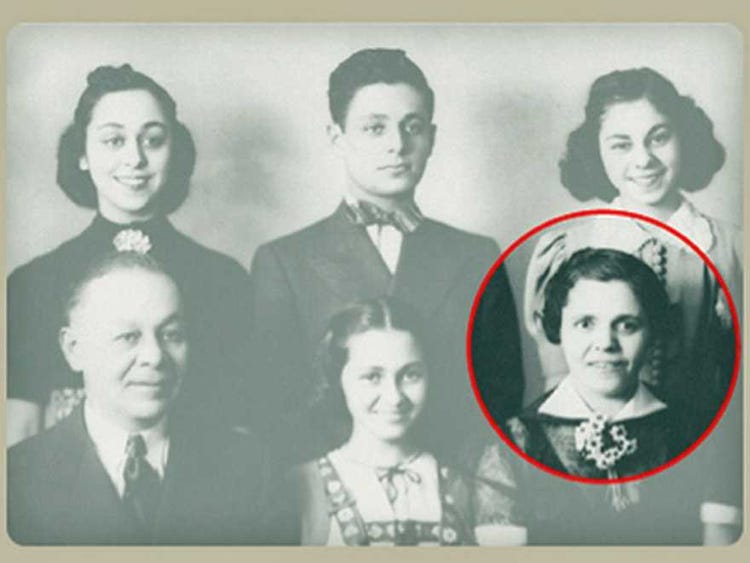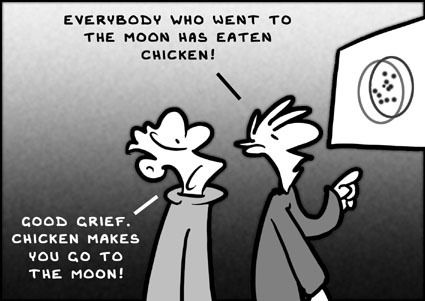
Robert Smalls was born into slavery but would go on to become a hero of the Civil War, a successful entrepreneur, and a U.S. congressman.
His journey is one you have to read to believe.
Who's up for a story?
👇👇👇
His journey is one you have to read to believe.
Who's up for a story?
👇👇👇
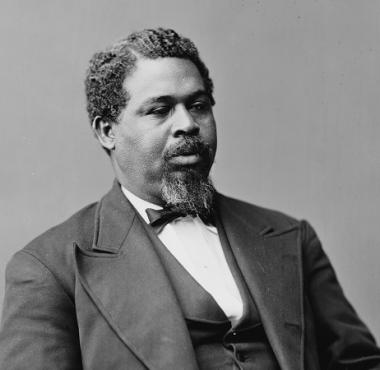
1/ Robert Smalls was born on April 5, 1839 in Beaufort, South Carolina.
His mother, Lydia Polite, was a house worker enslaved by a man named Henry McKee.
It is widely believed that McKee was Robert's father, which afforded him preferential treatment in his early years.
His mother, Lydia Polite, was a house worker enslaved by a man named Henry McKee.
It is widely believed that McKee was Robert's father, which afforded him preferential treatment in his early years.
2/ While she had worked in the McKee household as an adult, Robert's mother had grown up working in the fields.
Not wanting her son to be blind to the plight of the other slaves, Lydia Polite requested that he be exposed to this work.
This experience was formative for Robert.
Not wanting her son to be blind to the plight of the other slaves, Lydia Polite requested that he be exposed to this work.
This experience was formative for Robert.
3/ In 1951, when the McKee family moved to Charleston, Robert and his mother went with them.
The 12-year-old Robert was hired as a laborer in the city, earning a tiny wage for working various jobs.
But it was in Charleston that Robert would discover his first love: the water.
The 12-year-old Robert was hired as a laborer in the city, earning a tiny wage for working various jobs.
But it was in Charleston that Robert would discover his first love: the water.

4/ Finding himself attracted to the ocean and life on the water, Robert Smalls took on work at the docks.
He quickly displayed an aptitude for the work.
Starting as a stevedore, he soon became a wheelman on a ship, in charge of navigating through Charleston's complex harbor.
He quickly displayed an aptitude for the work.
Starting as a stevedore, he soon became a wheelman on a ship, in charge of navigating through Charleston's complex harbor.
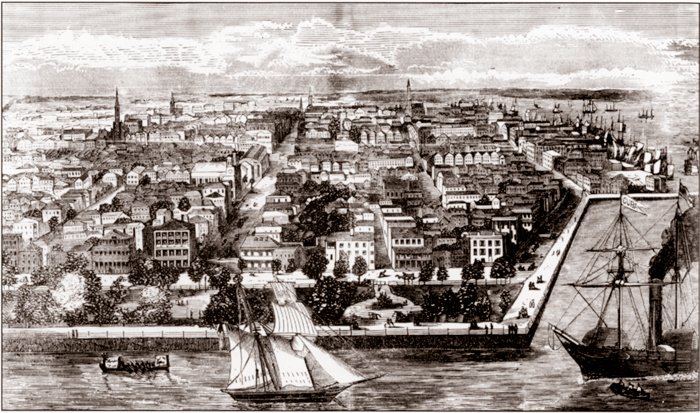
5/ In 1856, at the age of 17, Robert Smalls married Hannah Jones, an enslaved hotel maid in Charleston.
As the couple started their life together, Robert attempted to purchase their freedom but was unsuccessful.
He worried constantly that his new family would be torn apart.
As the couple started their life together, Robert attempted to purchase their freedom but was unsuccessful.
He worried constantly that his new family would be torn apart.
6/ But the course of Robert Smalls' life changed on April 12, 1861, when secessionist forces attacked Fort Sumter, a small fort in Charleston harbor, setting off the American Civil War.
Smalls was hired as a deckhand on a Confederate supply ship called the CSS Planter.
Smalls was hired as a deckhand on a Confederate supply ship called the CSS Planter.
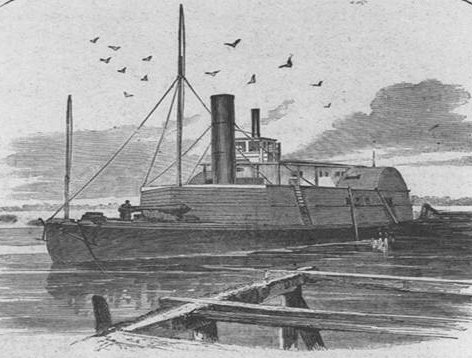
7/ With his skills honed over the years working in the complicated, narrow Charleston harbor waterways, Robert Smalls became the effective helmsman of the CSS Planter.
Given his status as an enslaved man, he was not allowed the title, but he held the post nonetheless.
Given his status as an enslaved man, he was not allowed the title, but he held the post nonetheless.
8/ But all Robert Smalls could think about was freedom - for himself, for his wife, for his children.
So as Union forces formed a blockade just outside Charleston harbor (part of President Lincoln's order to blockade all Southern ports), Smalls crafted a daring plan.
So as Union forces formed a blockade just outside Charleston harbor (part of President Lincoln's order to blockade all Southern ports), Smalls crafted a daring plan.
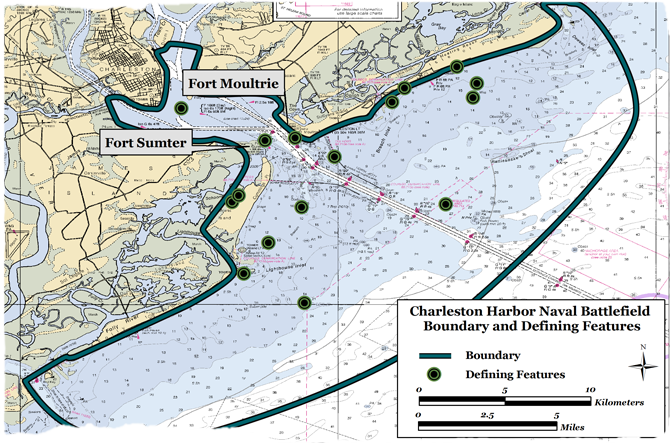
9/ In the pre-dawn hours of May 13, 1862, after the three white officers had gone onshore and left the ship in the hands of the enslaved men, the CSS Planter slowly pulled away from the dock.
It stopped briefly at a wharf, where the families of the enslaved men boarded the ship.
It stopped briefly at a wharf, where the families of the enslaved men boarded the ship.
10/ At the helm of the ship, donning the captain's traditional straw hat, was Robert Smalls.
He expertly navigated in the darkness, his years of experience with the waterways all culminating in this moment.
He signaled the watchtowers of the various checkpoints appropriately.
He expertly navigated in the darkness, his years of experience with the waterways all culminating in this moment.
He signaled the watchtowers of the various checkpoints appropriately.
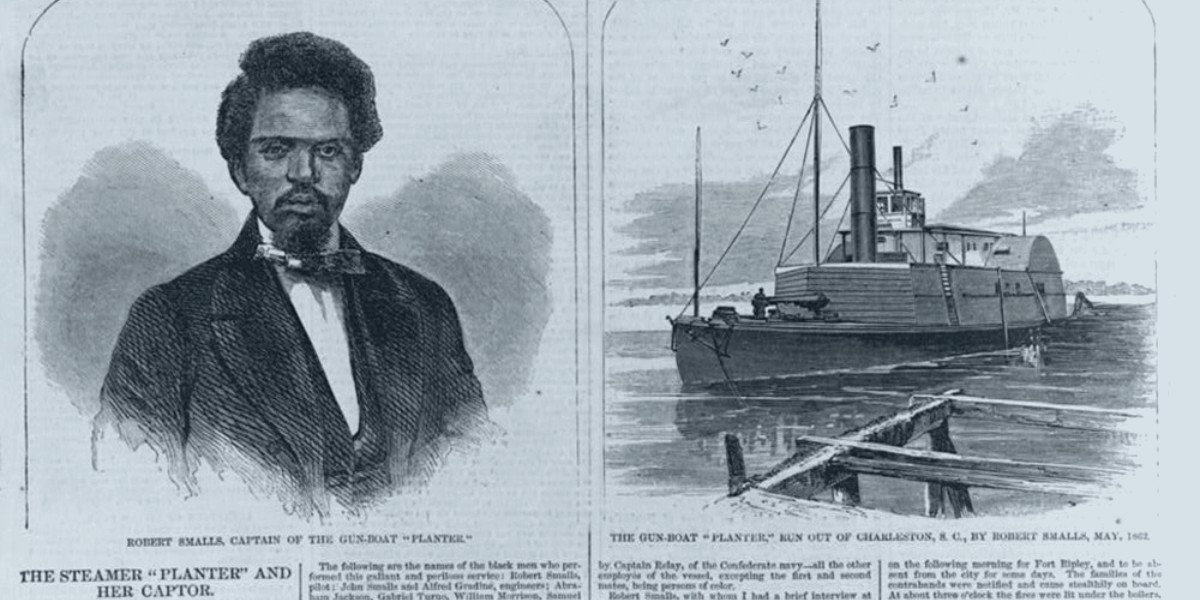
11/ The CSS Planter escaped the harbor, swapped its Confederate flag for a white sheet, and sailed towards the Union blockade.
Pulled up alongside a Union ship, Smalls famously called to its captain, "Good morning, sir! I’ve brought you some of the old United States guns, sir!"
Pulled up alongside a Union ship, Smalls famously called to its captain, "Good morning, sir! I’ve brought you some of the old United States guns, sir!"
12/ Robert Smalls' daring plan had succeeded. All of the enslaved men and their families were officially free.
He served the Union for the remaining years of the Civil War, even returning with the CSS Planter to the ceremonial raising of the American Flag at Fort Sumter in 1865.
He served the Union for the remaining years of the Civil War, even returning with the CSS Planter to the ceremonial raising of the American Flag at Fort Sumter in 1865.

13/ In a bit of sweet, karmic justice, after the war, Robert Smalls returned to his birthplace of Beaufort, South Carolina and purchased his former master's house.
He became a businessman, opening a store and publishing operation to support the needs of freedmen in the region.
He became a businessman, opening a store and publishing operation to support the needs of freedmen in the region.
14/ But Robert Smalls didn't stop there.
In 1868, he was elected to the South Carolina House of Representatives.
In 1874, he was elected to the United States House of Representatives.
Robert Smalls had been born into slavery. 35 years later, he was a United States congressman.
In 1868, he was elected to the South Carolina House of Representatives.
In 1874, he was elected to the United States House of Representatives.
Robert Smalls had been born into slavery. 35 years later, he was a United States congressman.
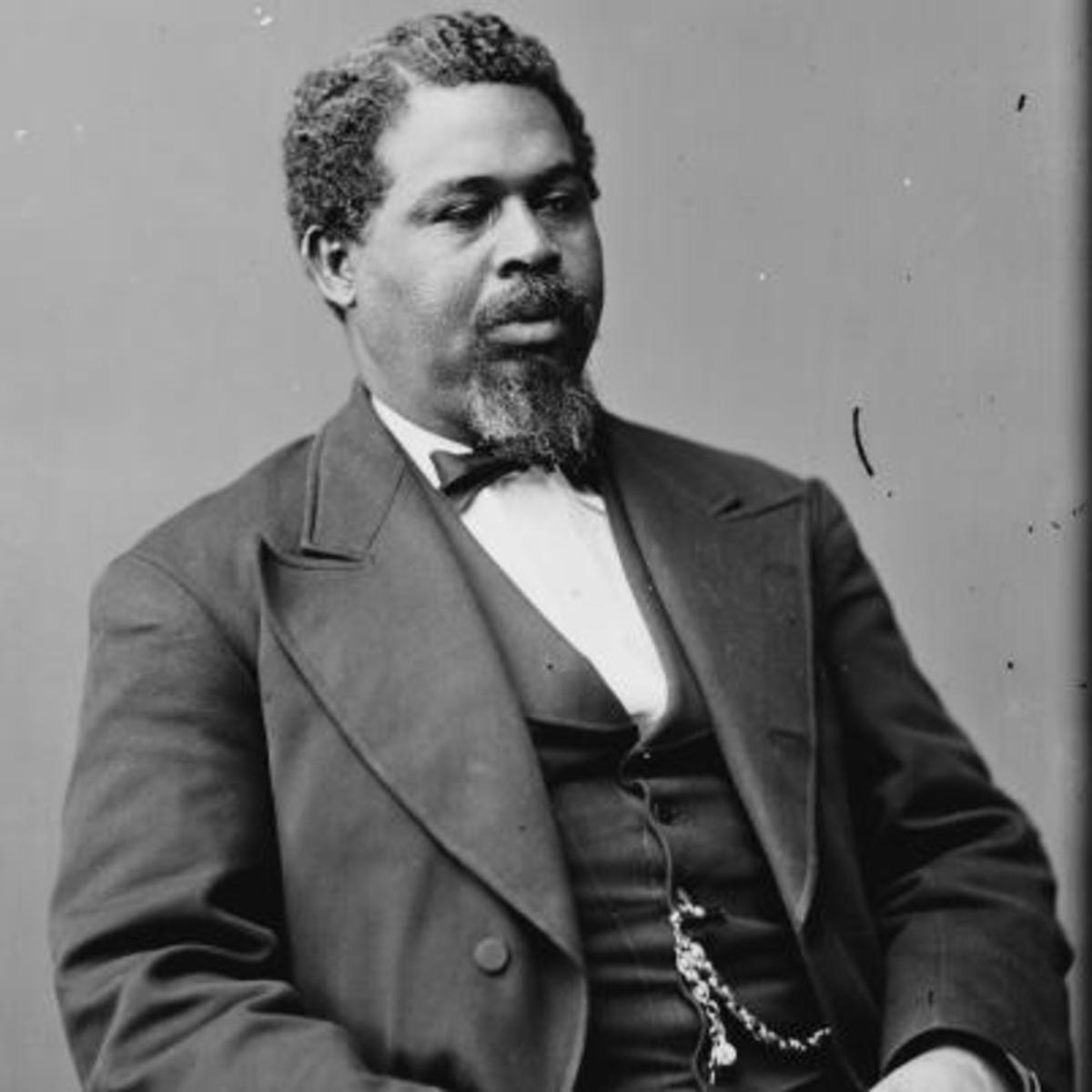
15/ Robert Smalls passed away in 1915 at the age of 75.
His journey - from enslaved man to Civil War hero, businessman, and congressman - is truly remarkable.
The legacy of his courage and daring must never be forgotten.
Here's to you, Robert Smalls. Here's to you.
His journey - from enslaved man to Civil War hero, businessman, and congressman - is truly remarkable.
The legacy of his courage and daring must never be forgotten.
Here's to you, Robert Smalls. Here's to you.
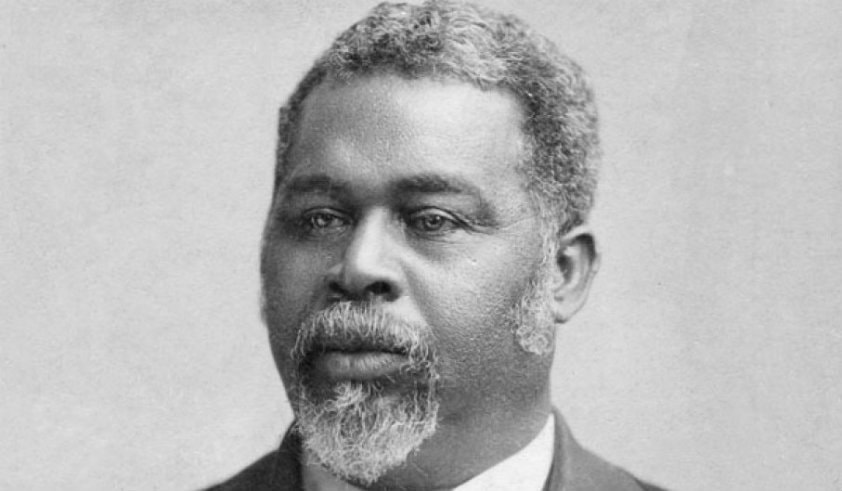
16/ Thanks to @holdenbweaver for alerting me to this amazing man and story in response to my "spend a day with one person from history" question.
For more on Robert Smalls, check out the resources below:
navytimes.com/news/your-navy…
biography.com/political-figu….
smithsonianmag.com/history/thrill…
For more on Robert Smalls, check out the resources below:
navytimes.com/news/your-navy…
biography.com/political-figu….
smithsonianmag.com/history/thrill…
17/ And for more educational threads on business, finance, history, money, and economics, check out my meta-thread below.
Turn on post notifications so you never miss a thread!
Turn on post notifications so you never miss a thread!
https://twitter.com/SahilBloom/status/1284583099775324161?s=20
• • •
Missing some Tweet in this thread? You can try to
force a refresh



